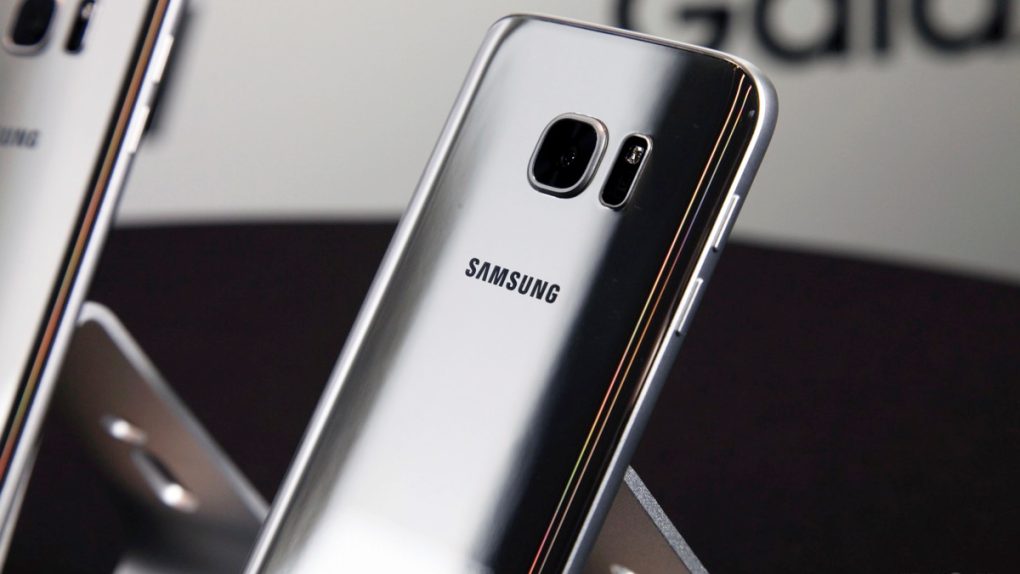There’s one iPhone 7 feature that Samsung will probably copy in the near future and now there’s a very easy way to do it, without Samsung having to do any heavy lifting. A previous rumor suggested Samsung is looking into developing a Lightning-like port of its own that would support audio so that it could also remove the 3.5mm headphone jack from its future devices. But the USB Implementers Forum published the Audio Device Class 3.0 specification that will help Samsung, and any other company, make the jump from 3.5mm to USB-C for audio.
DON’T MISS: A painful reminder of just how bad the iPhone 7’s battery life is
The USB Audio Device Class 3.0 spec brings USB Audio over USB Type-C, which means mobile devices including smartphones, tablets and ultraportable laptops could ditch the headphone jack in the very near future without worrying about having to bake audio support into USB-C or a new, proprietary port.
Audio over USB-C means that consumers need to upgrade their headphones to USB-C headphones as well, but the audio gains might be worth it. And the sound quality isn’t the only thing that’s improving. Removing the ungracefully-aging 3.5mm headphone jack would let companies shave up to a millimeter off of product thickness — that means even slimmer phones could be coming in the near future. Removing the 3.5mm audio port from a handset also helps with waterproofing.
As for the new sound features that USB-C will usher in, we’re looking at better digital audio support, power-saving features and keyword detection. USB-C headphones will offer a better sound experience while consuming less battery power. They’ll also facilitate voice-recognition features, Engadget explains.
Intel already explained a few months ago that sound over USB-C is the future, and it’s likely that many device makers will adopt it.
In addition to Apple, Motorola and LeEco have already launched smartphones that do not have dedicated headphone jacks. Samsung may follow soon, now that the USB-C audio spec is finally official. That said, this is still speculation based on what’s currently happening in the mobile world, and Samsung has yet to say anything about its next-gen mobile devices.








